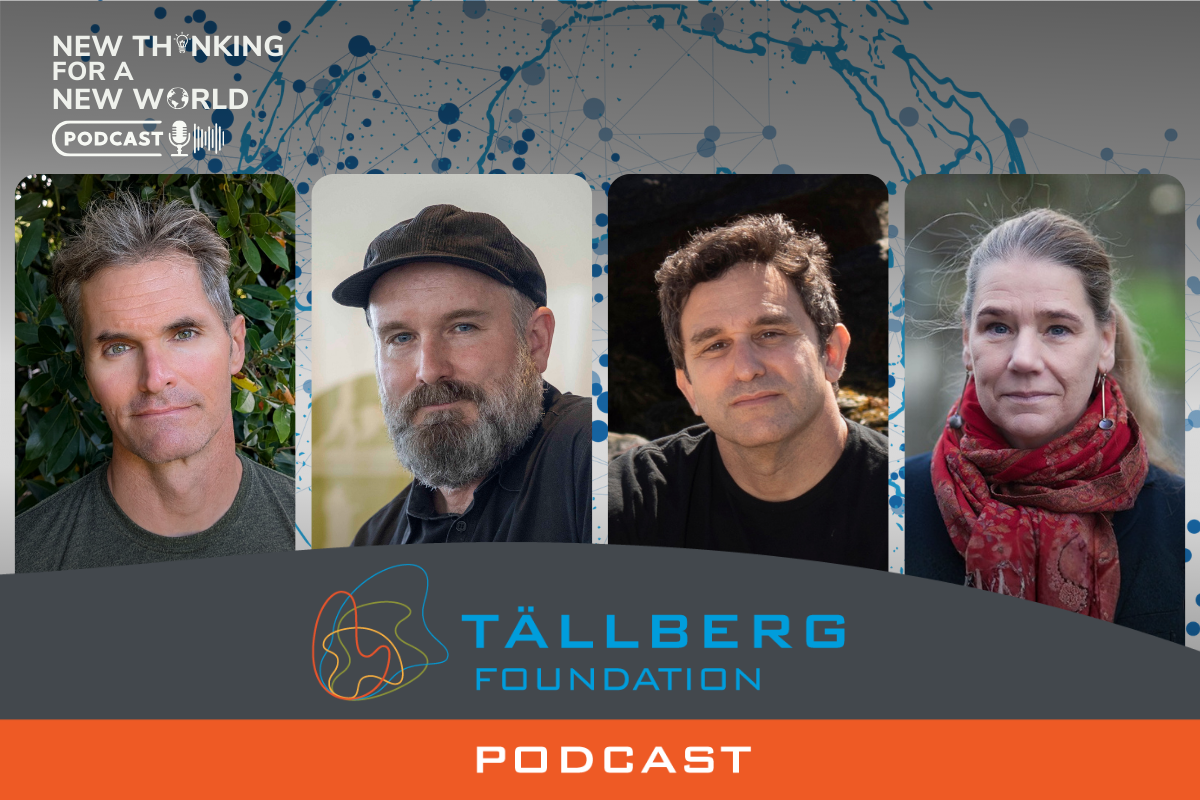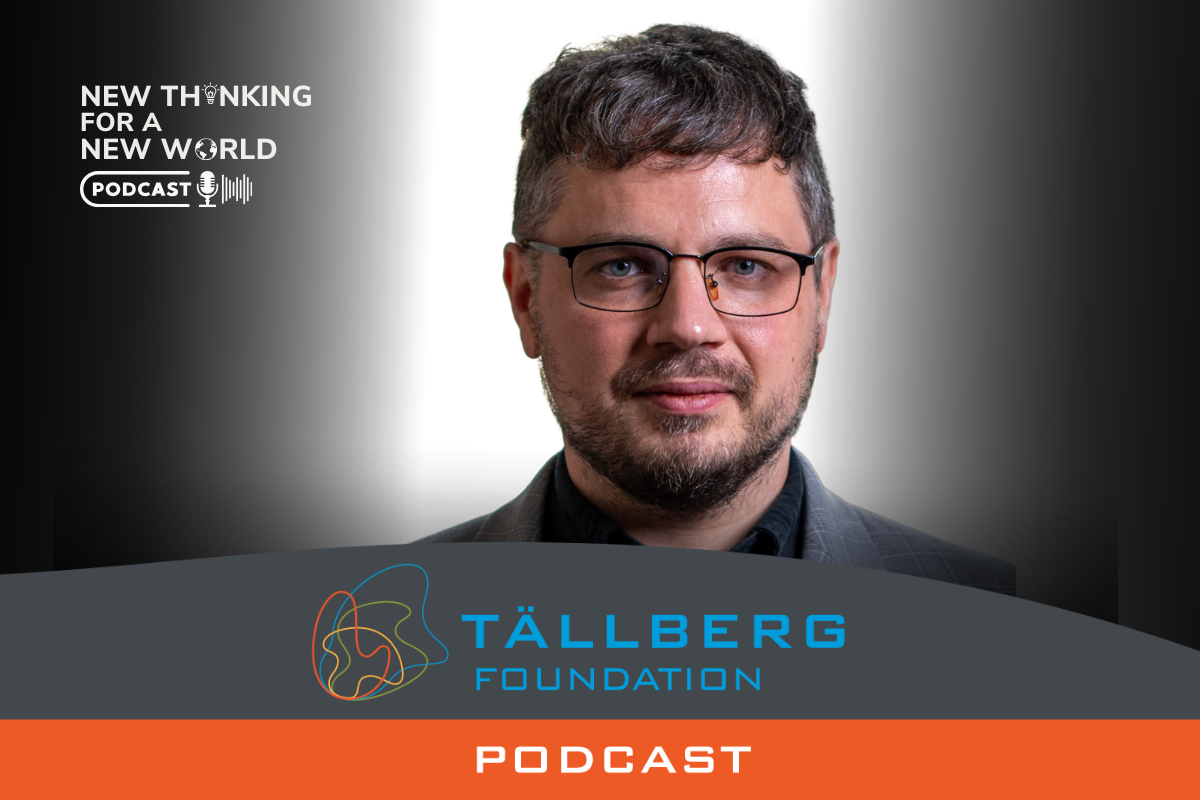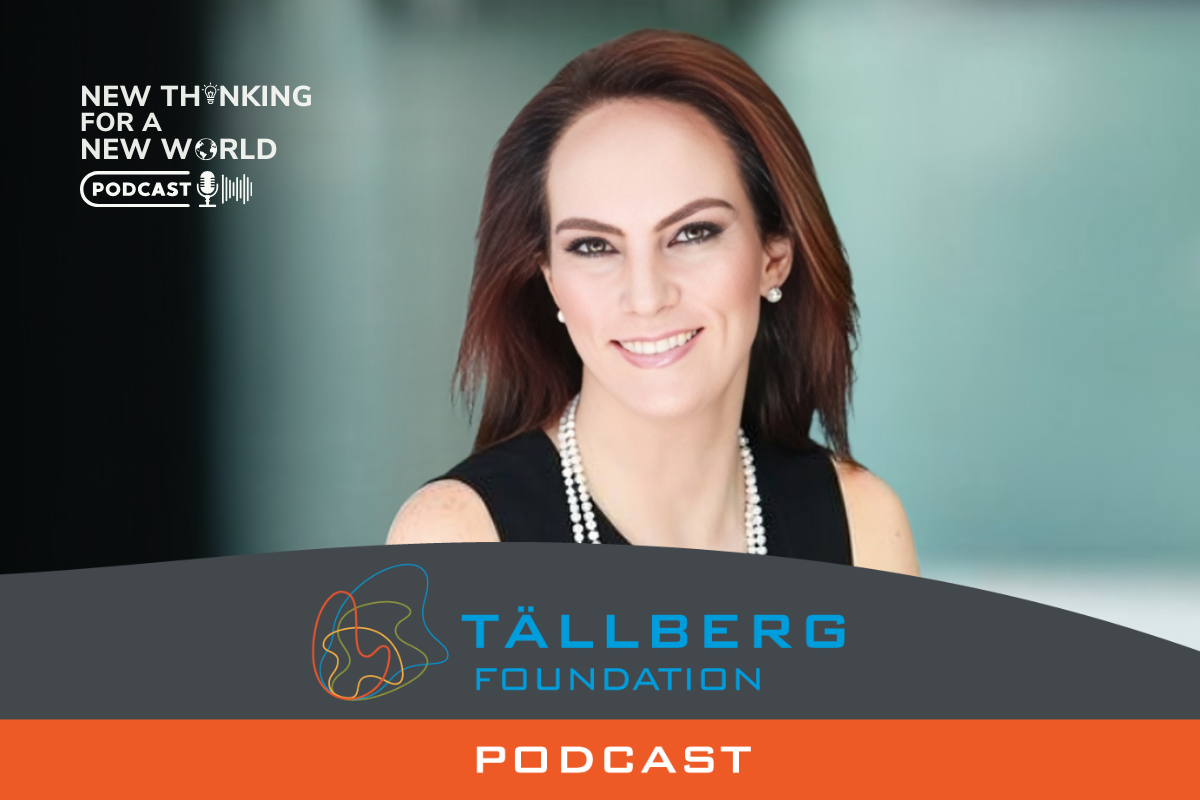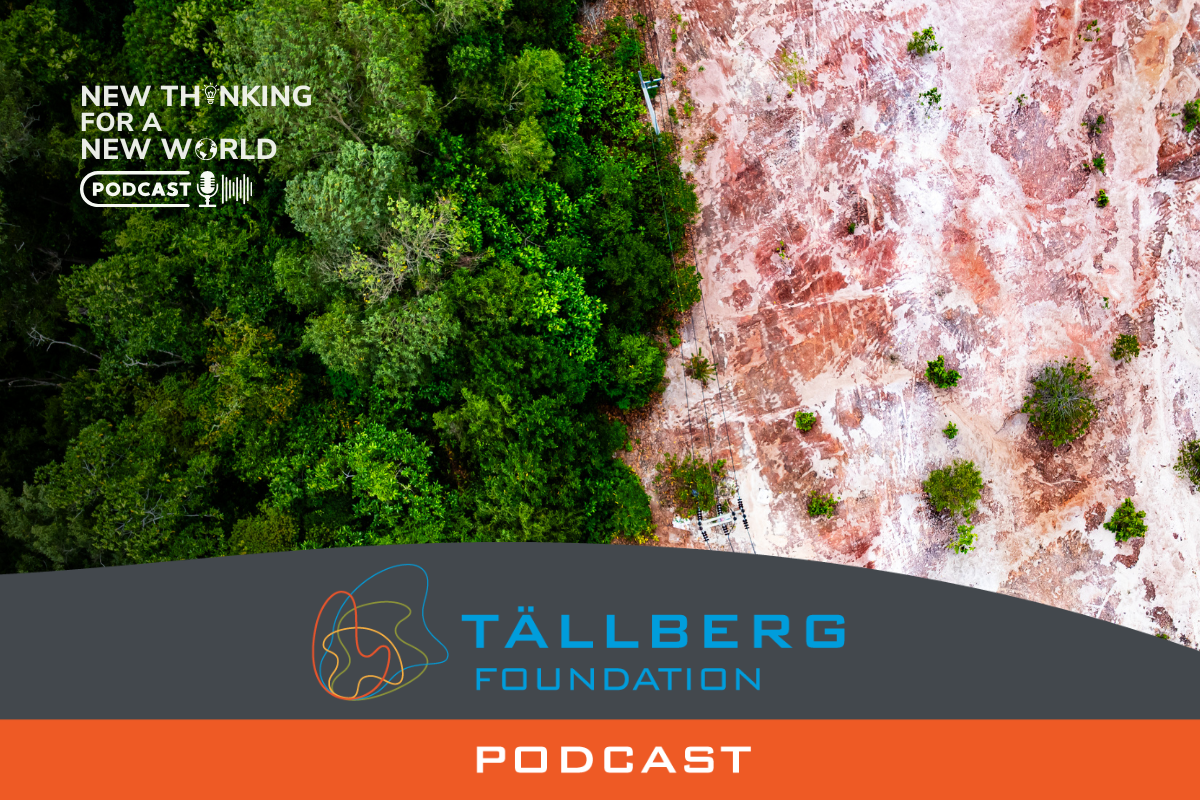What’s going on? Has the Middle East of strict Islam suddenly turned into something more modern? Listen to Neil Quilliam, a deeply knowledgeable, experienced expert in the region, discuss how the Middle East is changing
Dr Neil Quilliam is an energy policy, geopolitics and foreign affairs specialist, with extensive knowledge and experience of the Middle East and North Africa (MENA) region. He is Managing Director at Azure Strategy Consulting, and an associate fellow with Chatham House’s Middle East and North Africa Programme. He headed the programme’s Future Dynamics in the Gulf project. Prior to that, Neil was project director of the Syria and Its Neighbours policy initiative and acting head of the MENA Programme, having first joined Chatham House as a senior research fellow in January 2014. He has also served as senior MENA energy adviser at the Foreign and Commonwealth Office (FCO), senior MENA analyst at Control Risks, London, and senior programme officer at the United Nations University, Amman. Neil has lived in Saudi Arabia, Jordan and UAE, and has travelled extensively around the MENA region, working on a variety of development, education and research projects. He has published a number of books and articles on international relations and political economy of Syria, Jordan, Iraq and the GCC states.
The Middle East is changing. In the past couple of years, peace treaties have been signed between Arab countries and Israel. New investment and trade relationships are emerging based on economics, not religion. The threat of war between Shia and Sunni is no longer in the headlines. Western powers, especially the United States, seem to be fading from the scene.
Almost more amazing than any of that, in December more than 700,000 Saudi kids participated in a four-day rave in the Saudi desert with regular intermissions for Islamic prayers. What’s going on? Has the Middle East of strict Islam suddenly turned into something more modern? Have the Arabs figured out how to move beyond religious conflict? In a world that wants to abandon hydrocarbons, are the Arabs just enjoying the last party before their world collapses?
What happens as foreign powers become spectators rather than actors? Can the locals actually find the peace and prosperity that has eluded them for so long?
Neil Quilliam is a deeply knowledgeable, experienced expert in the region. He has been engaged with the politics, economics and societies of the Middle East and North Africa for decades: today from his perch at Chatham House in London and earlier through his service in the UK’s Foreign and Commonwealth Office and his history of living in, working on and studying the Gulf and the Levant.
What do you think? Comment below.
Listen to the episodes here or find us on a podcast platform of your choice (Apple podcast, Spotify, Acast, Stitcher, Google podcast, Youtube, etc).




Whether Alan christens this episode “As The World Turns” or “As the Turns Whirl”, one thing is sure: Nothing Is. And therein a fascinating glimpse into Dr Neil Quilliam’s perspective about the precarious dynamic of musical chairs currently characterising The Middle East … rediscovering alliances … hastening to solidify new ones … one social-foot in the future one cultural-foot in the past. Every silo’d Nation wants their sense of security and sovereignty, yet as these fragile times rapidly unravel it’s now impossible for any nation to negate the necessity for cooperation and collaboration on a monumental new scale. Here is where savvy global gov platform Simpol (Simultaneous Policy) comes into play. Would love to hear Alan interview Simpol’s founder John Bunzl about this game-changing platform (and what he might christen This episode)! Academy Award winner Mark Rylance plays the role of Sir Peter Isherwell in the Netflix hit “Don’t Look Up”. His real life role, however, is as Simpol’s ambassador. His video here: https://simpol.org/